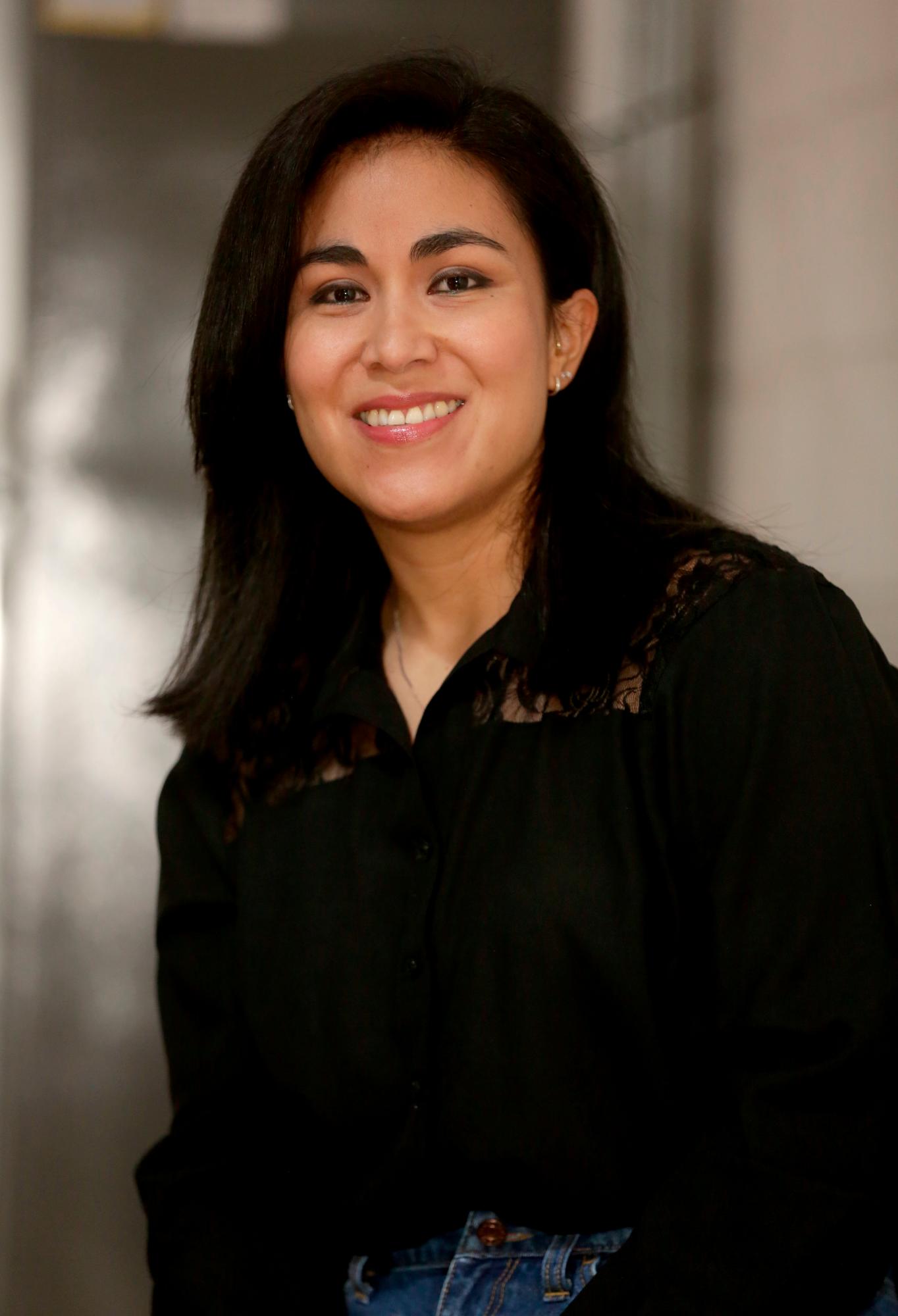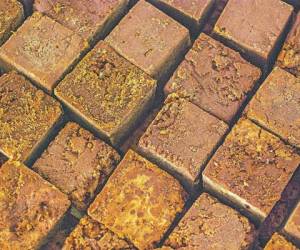It is 8.30 a.m. on a Monday, and a group of young students return to the classroom after a weekend with their families. The instructor asks them what they did, who they were with and how they felt. Like any group they respond with varying degrees of enthusiasm.
It is then time to practice their literacy skills, and the vowel they have to identify today is “a.” Some have difficulty doing this; others are attentive and eagerly want to show that they can identify the vowel, a letter that many of them have in their name.
However, this is not a first grade class of seven year-olds, it is the first lesson of the week at the Honduran non-profit organisation, Arca de Esperanzas, where everyday a group of young people with learning difficulties make a huge effort to be included and autonomous within a society that often excludes people like them.
They do this in a workshop called “Life Skills and Productivity” where, among other things, they have learnt a very important task: recycling.
The goal and how to achieve it ...
Arca de Esperanzas was founded in 2000 in Tegucigalpa, Honduras by the parents of children with learning difficulties, who wanted to help them become independent and productive members of society.
These parents created the programme, “Life Skills and Productivity,” where, in addition to learning how to take care of their personal appearance and feeding themselves, the children learnt how to make handmade paper to sell – which can be used to make notebooks, diaries, journals, business cards and invitations. There are ten students in the programme and they each get to keep a part of the money they earn, the rest goes towards covering 57 per cent of the Association’s costs. The remaining 43 per cent is provided by contributions from the parents and the Government
How do they do it? It is not a simple process, but with a lot of dedication and determination the young people have gradually learnt everything required to achieve the final product – handmade paper.
The process requires that they socialise, so that they feel comfortable and safe going to the companies from which they collect the waste paper every day. They then have to follow instructions so they can weigh the paper, grind it, blend it and mould the paste so that it dries into sheets of good quality handmade paper.
For the average person this does not require much effort, but for these children and young people this requires overcoming many obstacles. “They have learned how to do this job, which might seem easy but it’s a complex task for them,” instructor Orfa Ortiz says with great satisfaction. While not everyone can do all the steps, Ortiz finds it rewarding to see their enthusiasm when they feel useful and capable of doing a productive and important job.
The paper recycling workshop is not the first workshop at Arca de Esperanzas. The first involved making organic fertiliser, which was profitable as they sold the fertiliser in supermarkets and hardware stores in the capital. But soon the limited physical space at Arca de Esperanzas forced them to stop and this brought about the recycling workshop – which also recycles plastic, aluminium and office furniture.
“We teach them how to recycle products as it is an activity in which they can make incredible progress; they feel productive and they are productive,” explains Lorena Castillo, the director of Arca de Esperanzas.
The director envisions the recycling workshop as the Association’s major source of income in the future, which would keep it running. Even though the situation is sometimes not that encouraging, the Association has not lost hope that one day they will have a bigger building with better conditions, and a recycling centre with increased productivity that can meet the demands of future clients.
“We believe we can achieve this, as tonnes of waste is produced every day. It would be amazing if more government institutions donated material and if more private enterprises got involved in the initiative,” says Castillo.
However, it is the young people with learning difficulties that will always keep this project going, because it is the goal of Arca de Esperanzas to enable them to enter the labour market, to ensure companies consider them to be skilled labour, or even at the end of the process to give them the opportunity to start working at the Association.
The main purpose is that they are not excluded from society, and recycling is simply a way of achieving this goal.






























